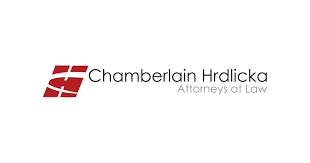In every taxing jurisdiction in the United States, tax authorities may assert penalties if a taxpayer commits fraud. This Blawg entry focuses on the Texas Comptroller’s view of its authority to impose fraud penalties, and considerations for taxpayers when seeking to fight fraud penalties that the Comptroller asserts.
Texas Tax Code § 111.061 authorizes the Texas Comptroller to impose a penalty in the amount of 50% of any underlying tax liability if the failure to pay the underlying tax or report such tax when due “was a result of fraud or an intent to evade the tax.” This legal authority applies to any taxes under the jurisdiction of the Texas Comptroller, however we see the Comptroller asserting the fraud penalty most often in sales tax audits and gross receipts / mixed beverage tax audits. In addition to imposing the fraud penalty against businesses, the Comptroller may impose personal liability for fraud against individuals that perpetrate the fraud.
Importantly, findings of fraud come down to “intent.” Because the fraud penalty is almost always asserted against businesses, most impositions of fraud penalties by the Texas Comptroller are made to legal entities such as corporations and limited liability companies. This presents the nuanced issue of how to prove (or disprove) a legal entity’s intent. In general, the Comptroller should respect the legal entity as separate from its owners, and to prove intent will look to acts and omissions of the entity’s officers, directors, managers, or other governing authority of the taxpayer, as well as to any agent or employee with the actual or apparent authority to prepare information for or submit information to the Comptroller.
When the Comptroller asserts fraud penalties… Read more


